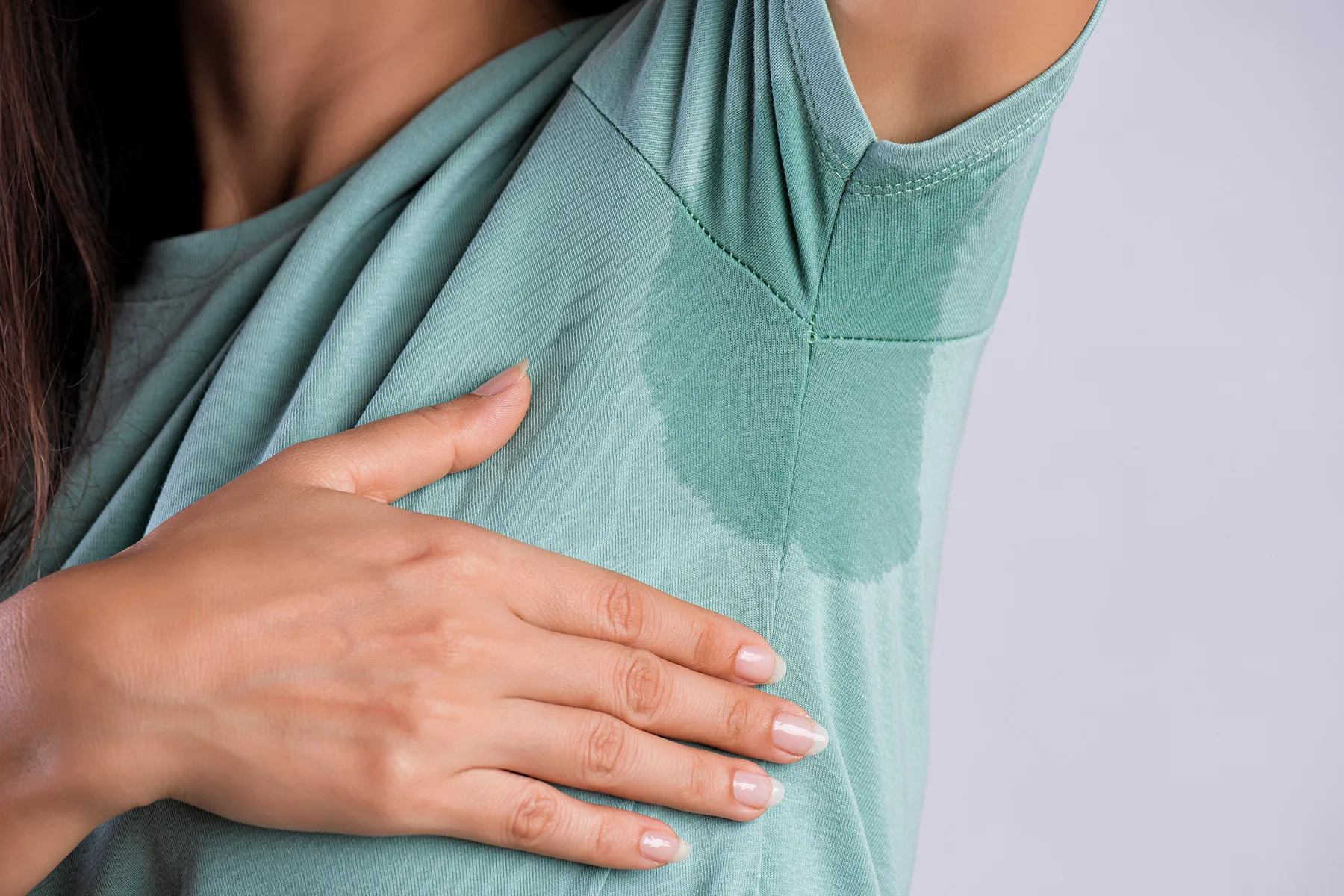July 7, 2023 — Electrical grid failures, or blackouts, have been occurring more frequently in recent years, putting millions of Americans at risk for health-related issues and even death. This is particularly true during the summer months when extreme weather events such as heat waves, hurricanes, tornadoes, and wildfires increase the demand for electricity. According to the U.S. Energy Information Administration, failures across the country have more than doubled in the past decade, increasing by a staggering 151% between 2015-2016 and 2020-2021. With record-breaking heat and widespread smoke, this summer is set to be one of the hottest and most challenging for vulnerable electrical grids. So, what can people do when the power goes out, the air conditioning and fans stop working, and the heat becomes unbearable?
Mike Tipton, PhD, a professor at the University of Portsmouth Extreme Environments Laboratory in the U.K., has spent years advising the military, industry, and elite athletes on how to cope with extreme environmental conditions. However, he found an important lesson from an unexpected source: 1970s housewives. Tipton explained, “Many years ago, housewives used to run their hands under the cold tap when they got hot gardening or doing something outside. We found that sticking their hands into cold water was as effective as anything else we could do for Navy firefighters who have to work in very hot compartments wearing protective clothing.”
Before things get out of hand, it’s crucial to understand how peripheral blood flow affects body temperature regulation. When it becomes hot outside, the brain instructs blood vessels to redirect blood flow to the skin to aid in sweat production and evaporation, maintaining the internal temperature. Tipton stated, “The hands are very good at dissipating heat because they have a high surface area to mass ratio. Immersing the hands in cold water is an effective way of cooling the body.” Even immersing the hands in cold water for just 20 minutes can help regulate body temperature. Holding a cold drink is also an effective self-regulating strategy. Tipton advised, “When it starts to feel cold, you’ve probably cooled down enough.”
Additionally, an age-old idiom, “getting one’s feet wet,” surprisingly holds value during extreme heat. Colleen Scott, a native of Washington, DC, shared that foot baths have been her go-to method for staying cool during brutal summers. She said, “There’s something about getting my feet and ankles cold that helps reduce body temperature.” Tipton noted that while hand immersion is preferred, cooling the feet can also aid in regulating the body’s core temperature. However, he cautioned against using ice baths or soaking in ice-cold water, recommending cold water instead. “A tepid shower is much more effective at removing heat from the body,” he advised.
When the temperature becomes unbearable, clothing can hinder the body’s ability to cool down through evaporation. Tipton mentioned that soldiers wearing protective clothing are at increased risk of heat-related illnesses due to both increased heat production and impeded heat dissipation. Sara Andrabi, MD, an emergency medicine expert, recommended removing tight or heavy clothing to allow air circulation. She also emphasized the importance of loose cotton clothing for better heat dissipation. In optimal situations, individuals can even opt to remove their clothing and sit in a cooler environment.
Engaging in activities like cooking without proper ventilation can increase the body’s energy expenditure. Rest becomes increasingly important during intense heat and power outages. Tipton advised creating natural convection and air movement within homes to maintain a comfortable indoor environment. He added, “Make sure that you have as much air movement as possible, particularly in the morning when the air temperature is relatively low. Open certain windows and create a draft.” However, when it becomes too hot, all efforts may be futile. Tipton also echoed Andrabi’s advice to avoid generating excessive heat while cooking and instead opt for simple light meals that don’t require heat.
Handheld fans, originally used in Asia thousands of years ago to deflect heat and bugs, might not be as effective for reducing core body temperature as believed. Tipton explained, “The most powerful thing is enhancing evaporation, not the temperature of the air. When given a fan, people tend to fan their faces, which doesn’t significantly impact core body temperature.”

